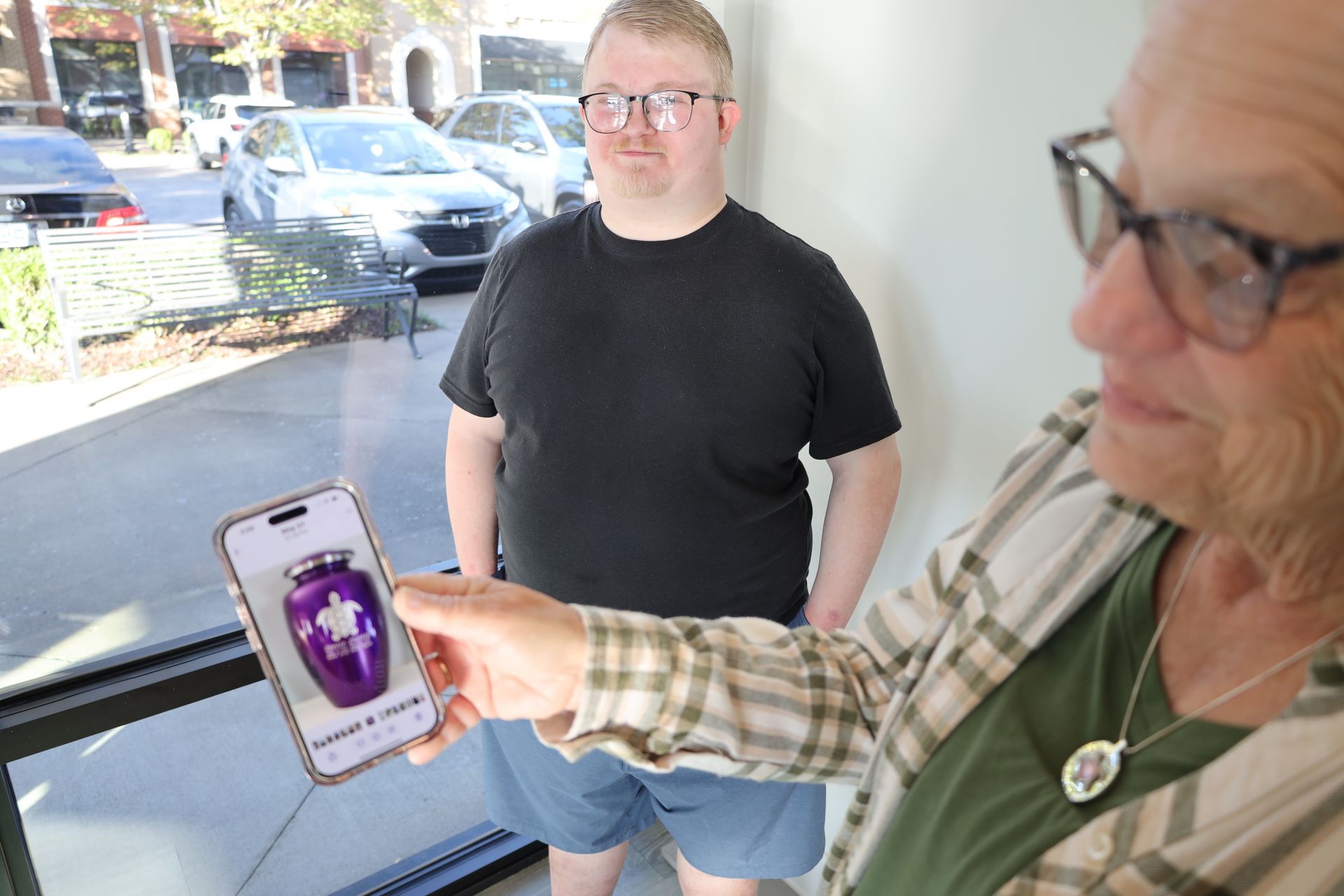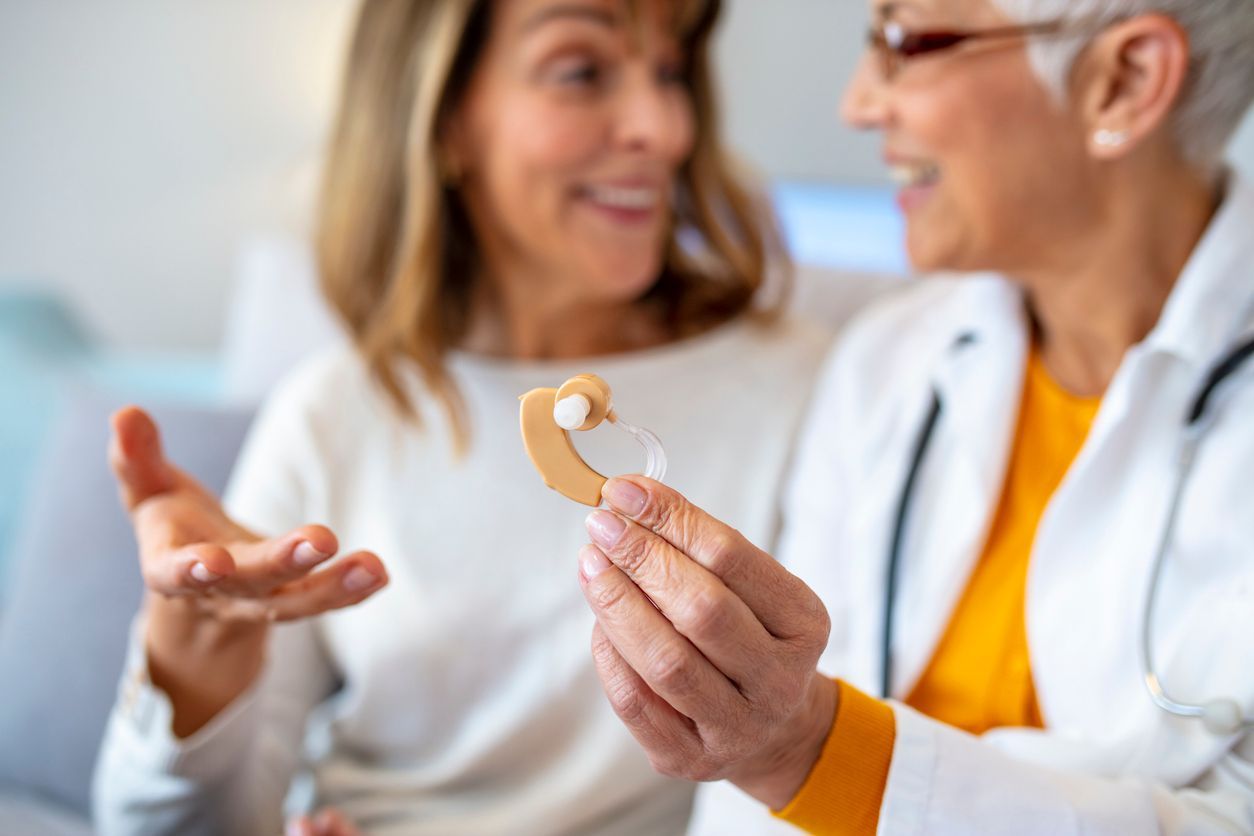What is a Cochlear Implant?

Children and adults who are very hard of hearing or entirely deaf can often benefit from the implantation of a small electronic device that improves hearing and the ability to perceive speech and sound. A cochlear implant provides a way for those with even complete hearing loss to discover or rediscover sound and to gain important communication and life skills.
What is a Cochlear Implant?
Cochlear implants are electronic devices designed to directly stimulate the auditory nerve; they provide a way for those experiencing hearing loss to hear and understand more clearly. Cochlear implants are added during surgery and can help those suffering from recent hearing loss or those that have never heard clearly.
Children over 12 months of age and adults are candidates for cochlear implants, which are becoming more and more prevalent in those suffering from hearing loss. Candidates that are severely hard of hearing or deaf can benefit most from this technology. If you are not sure if you or a loved one is a candidate, you can schedule an assessment and diagnostic appointment to determine if a cochlear implant is right for you.
How do Cochlear Implants Work?
According to the National Institutes of Health, cochlear implants work differently than traditional hearing aids. Hearing aids are designed to amplify sounds so the wearer can hear them more readily, kind of like turning up the volume on the radio or television. While hearing aids can help people suffering from age-related hearing loss and similar conditions, they can’t help those with damage that prevents hearing at all.
Instead of increasing the volume of sound, cochlear implants can stimulate the auditory nerve so that sounds can be perceived, even when hearing damage is complete. This allows the patient to hear speech and communicate with others; it also ensures the user can hear warning signs, doorbells and other important sounds.
What Happens During Cochlear Implant Surgery?
Surgery is performed under general anesthesia, so the patient is asleep for the process; each ear takes about two hours to complete, according to the creators of this innovative device. The implant includes a small electrode and is added under the skin behind the ear. The implant is then tested to be sure it is working well and the small incision used is then closed with a few stitches.
Are you a Candidate for a Cochlear Implant?
If you already know you are deaf or very hard of hearing, then you are likely a candidate for this innovative and life-changing device. Contact us to schedule an exploratory appointment to learn more about your options and to determine your next steps. If you are not sure about the severity of your hearing loss, we can help assess where you are now and determine if a cochlear implant is right for you. Contact us to begin the process and to take the first steps toward better hearing.
Recent Posts




